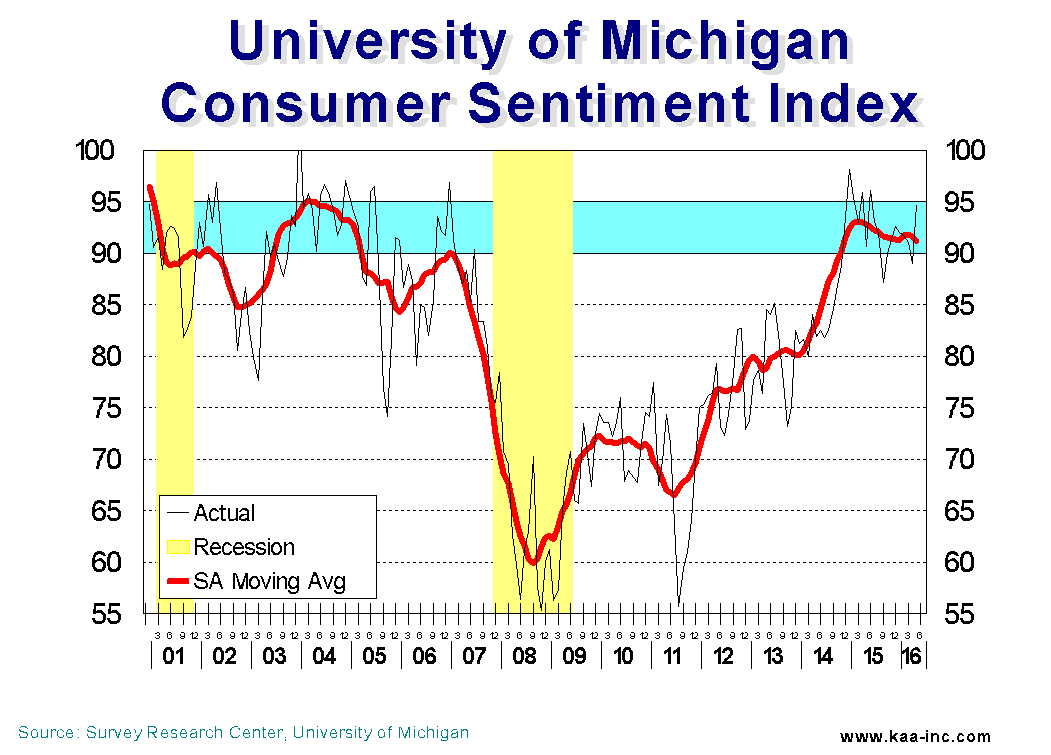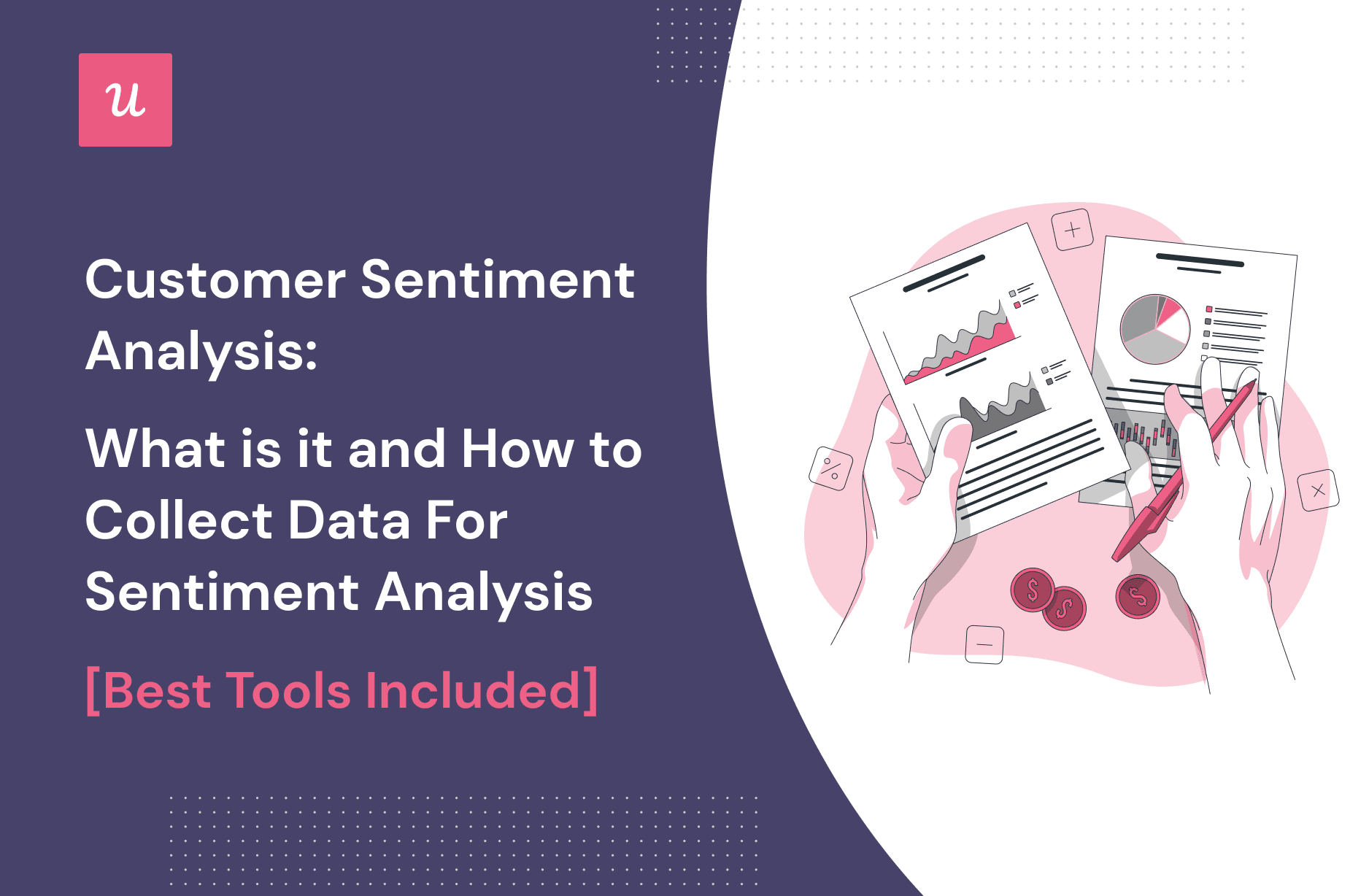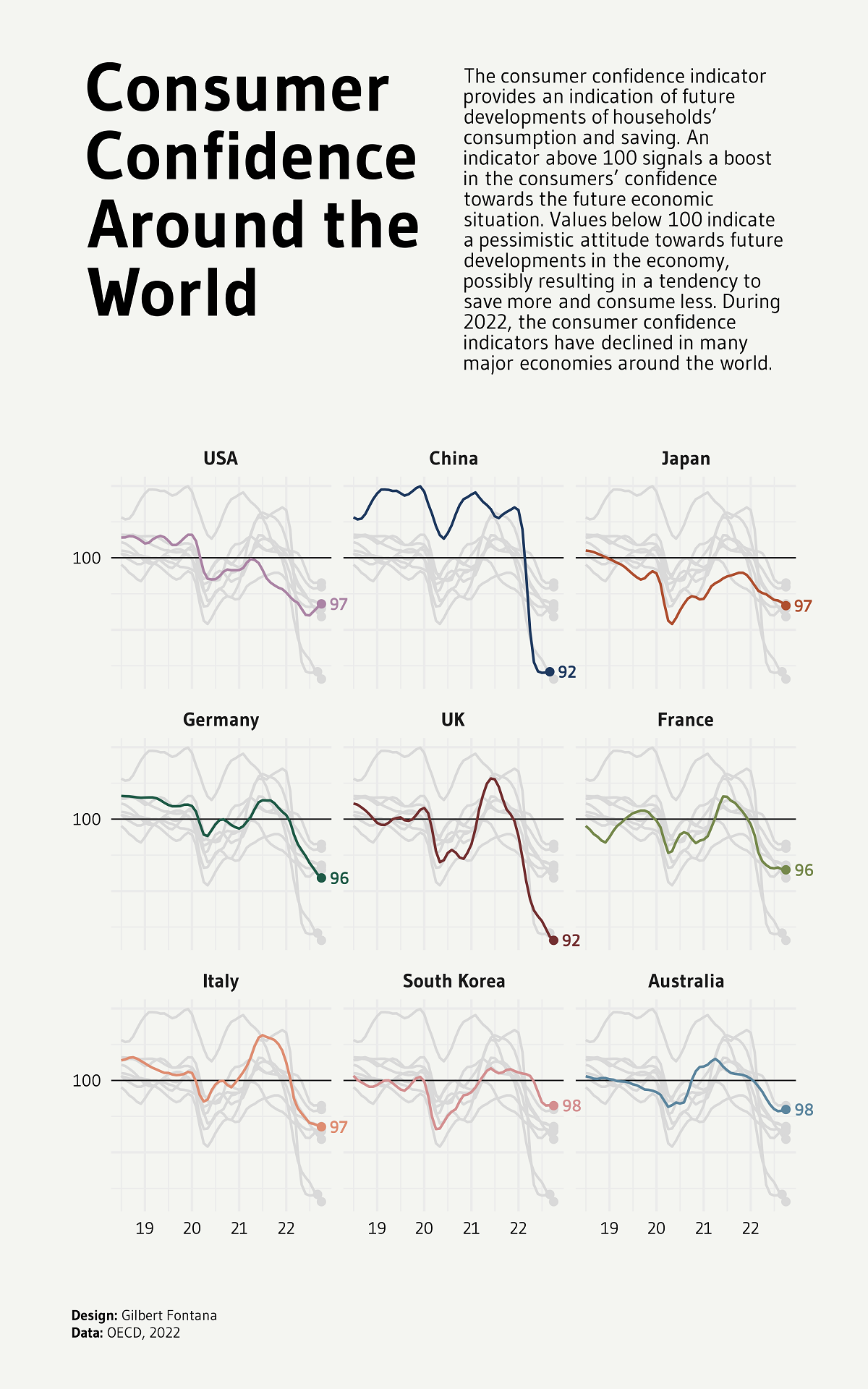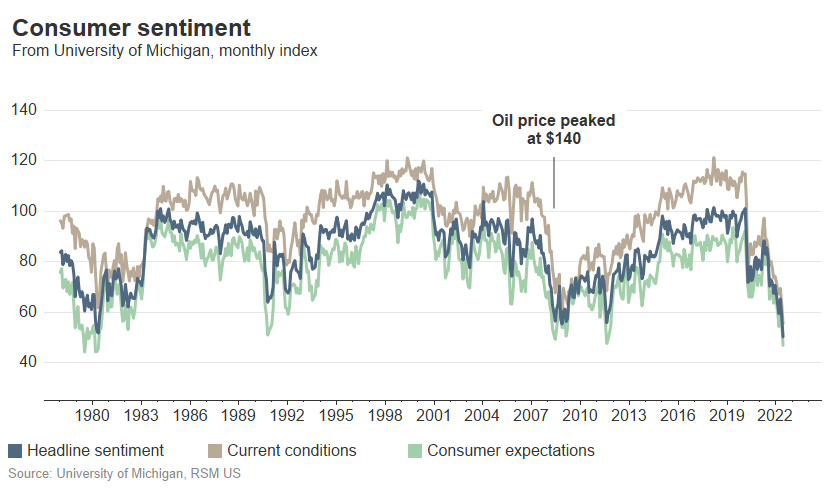Table of Contents
- US consumer sentiment rises in November, UMich says | Reuters
- Consumer Sentiment
- Chart of the day: Consumer sentiment drops to record low - Vasquez ...
- Consumer sentiment takes a dive - Appliance Retailer
- Consumer sentiment rose sharply due to further increases in earnings ...
- US Consumer Sentiment Declines for Fourth Consecutive Month in November
- Customer Sentiment Analysis: What Is It and How To Collect Data for It
- UK Consumer Sentiment Continues Recovery
- Consumer confidence explodes to a 13-year high - Business Insider
- Consumer Sentiment



Fears of a Prolonged Trade War


According to a recent survey, the US consumer sentiment index has fallen to its lowest level in over a year. The index, which measures consumer attitudes towards the economy, has declined by 5% in the past quarter, indicating a significant drop in consumer confidence. This decline is a clear indication that the trade war is starting to have a tangible impact on the US consumer.


Impact on Consumer Spending

The decline in consumer sentiment is also having an impact on the US auto industry, with car sales declining in recent months. The trade war has led to higher prices for cars and car parts, making them less affordable for many American consumers. The auto industry is a significant contributor to the US economy, and a decline in car sales can have a significant impact on economic growth.

What's Next?
The decline in US consumer sentiment is a clear indication that the trade war is starting to have a tangible impact on the US economy. While the US economy remains strong, with low unemployment and steady growth, the trade war poses a significant risk to the economy. The US government needs to take steps to address the trade war and reduce uncertainty, or risk a further decline in consumer sentiment.In conclusion, the US consumer sentiment has taken a hit due to the ongoing trade war. The decline in consumer confidence is a clear indication that the trade war is starting to have a tangible impact on the US economy. The US government needs to take steps to address the trade war and reduce uncertainty, or risk a further decline in consumer sentiment. As the trade war continues to unfold, it's essential to keep a close eye on consumer sentiment and its potential impact on the US economy.
